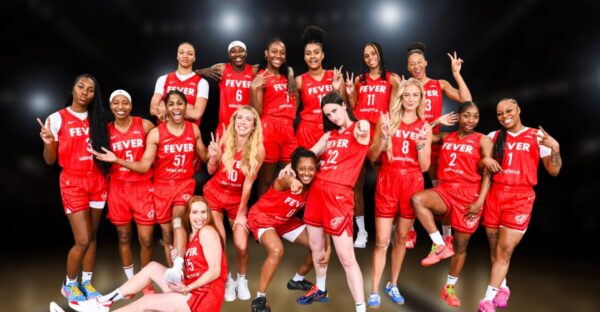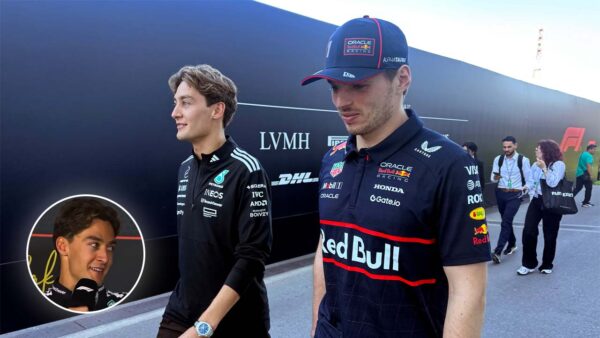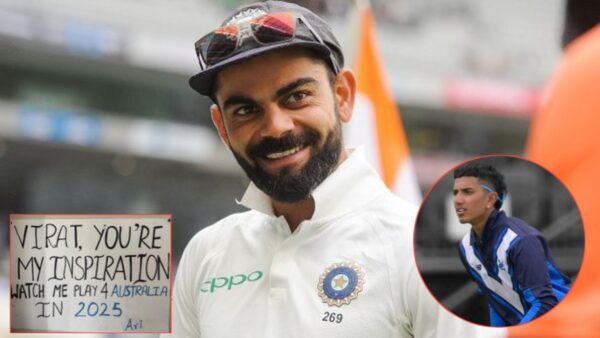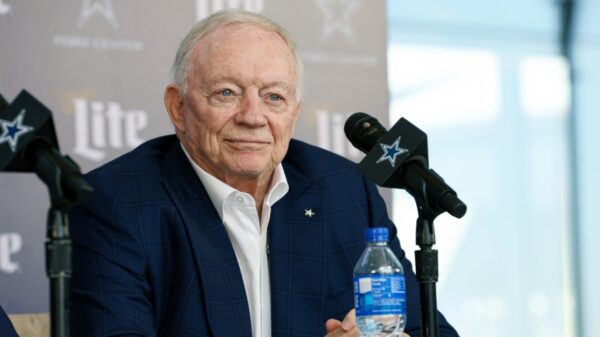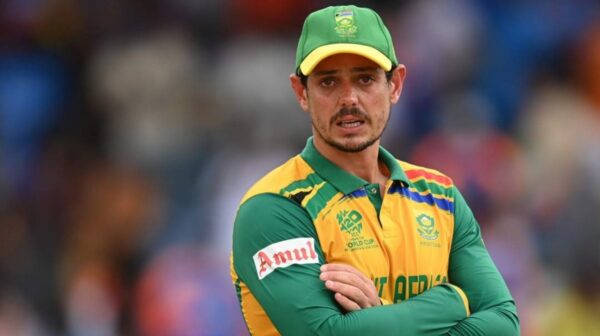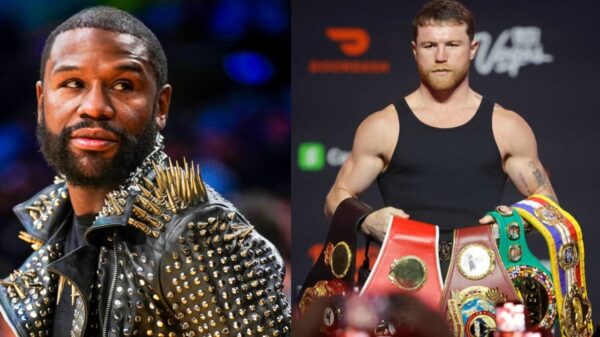How good are India’s chances in shooting for the Tokyo Olympics?

Medal Prospects for Indian Shooting Team
🔍 Explore this post with:
With a month to go for the Tokyo Olympics and the buildup getting more intense with each passing day, Indian sports fans ponder with nervous anticipation: could these be India’s best Olympic Games ever?
Indian shooting’s medal spree from 2018-2021 is one of the primary reasons for the hopefulness. So is the optimism justified or not? Here we take an in-depth look at Indian shooters’ performances during this period and assess each competitor’s chances of making it to the final round. The Indian shooting squad for the Games was declared back in April.
The results of the upcoming ISSF World Cup at Croatia will not be included here.
10m Air Rifle
Women

The Women’s 10m AR event was a dilemma for Indian selectors. On one hand were the quota winners Apurvi Chandela and Anjum Moudgil and on the other was World No.1 Elavenil Valarivan. Ultimately the selectors opted for a balance of youth (Ela) and experience (Apurvi) with World Championship silver medalist Anjum being chosen ahead of Apurvi for 10m AR Mixed in addition to Women’s 50m 3 Positions.
When?
Saturday 24th July (Qualification and Finals)
What do the stats say?
Since making her senior debut at the ISSF World Cup Delhi in 2019, Elavenil’s qualification score on average has been 628.6 from 6 ISSF competitions. She has made 3 finals appearances and won 2 golds.
Apurvi’s average score is 627.8 from 10 competitions, with 6 finals appearances and 2 golds. Her loss of form in recent events was cited to be caused by a change in her fitness regime. The selectors showed faith in her owing to consistent performances pre-pandemic.
The average 8th place score in 11 ISSF competitions since Guadalajara 2018 is 628.1.
Judging by recent form Ela has a better chance of qualifying compared to Apurvi. The latter still has the upcoming Croatia World Cup to get back in the groove.
It must also be remembered that Apurvi has Olympic experience while Elavenil struggled in her only prior multi-sport event, the 2018 Asian Games.
Men

Quota winners Divyansh Singh Panwar and Deepak Kumar were the clear choices for Men’s 10m Air Rifle, India’s most successful Olympic shooting event.
When?
Sunday 25th July (Qualification and Finals)
What do the stats say?
Divyansh’s average score from 5 ISSF competitions since Delhi 2019 is 628. He has made 3 finals appearances and has won medals in each of them, including a gold at the 2019 World Cup Final held in Putian.
Deepak has been less consistent, though has had more appearances. His average score is 626.4 from 9 competitions. He has made it to 3 finals including the 2018 World Championships but has won no medals in the individual category. He however does have a silver from the 2018 Asian Games.
The average 8th place score in 11 ISSF competitions since Guadalajara 2018 is 627.3.
Divyansh is certainly in a good place to make it to the finals barring Olympic jitters whereas Deepak will have to up his game a notch.
10m Air Pistol
Men

Both Saurabh Chaudhary and Abhishek Verma are genuine gold medal contenders for the Tokyo Games. The numbers alone are enough proof.
When?
Saturday 24th July (Qualification and Finals)
What do the stats say?
Saurabh’s average score from 5 ISSF competitions is 585. He qualified for all 5 finals and won medals in 4 of them– 2 golds, a silver and a bronze. He also has golds from the Asian Games and Youth Olympics and has not shot below 580 in a major international competition.
Abhishek’s average is 582 from 7 competitions. He has made it to 5 finals including at the 2018 World Championships and has won 2 golds and a bronze. He additionally has a bronze from the 2018 Asiad.
The average 8th place score in 11 ISSF competitions since Guadalajara 2018 is 580.
Needless to say it would be a colossal upset if at least one of them does not qualify for the finals.
Women

Youngsters Manu Bhaker and Yashaswini Singh Deswal are easily India’s best female 10m AP shooters since Heena Sidhu and will be competing in their debut Olympics.
When?
Sunday 25th July (Qualification and Finals)
What do the stats say?
Manu has scored 574 on average from 9 ISSF competitions. This average has been affected by low scores in her 2018 debut season. Her score trajectory has definitely improved since then. Manu has made it to 4 finals winning 2 golds and a silver. She also has a Youth Olympics gold to her name.
Yashaswini’s average reads 578 from 5 ISSF competitions. She has qualified for 3 finals and has won 2 golds.
The average 8th place score in 11 ISSF competitions since Guadalajara 2018 is 575.
Both shooters have an above average chance of qualifying for the Tokyo finals.
50m Rifle 3 Positions
Men

India’s representatives for 50m Rifle 3P at Tokyo will be London 2012 veteran Sanjeev Rajput and 20 year-old Aishwary Pratap Singh Tomar. Barring Joydeep Karmakar at London, India does not have a great record in 50m Rifle at the Olympics and the 2021 batch would be pioneers if they do make it to the finals.
When?
Monday 2nd August (Qualification and Finals)
What do the stats say?
Sanjeev’s average score out of 9 competitions is 1167. He qualified for 4 finals and won a silver at Rio 2019. His other big medal was a silver at the 2018 Asiad.
Aishwary won gold in his senior debut at this year’s Delhi World Cup. He qualified for Tokyo by winning bronze at the 2019 Asian Championships. To make a mark at the Olympics though he will have to improve upon his Delhi 2021 qualification score of 1165.
The average 8th place score in 11 ISSF competitions since Guadalajara 2018 is 1172.
Women

Both Tejaswini Sawant and Anjum Moudgil have World Championship medals to their names though neither has won in 50m Rifle 3P. Tejaswini, the 2010 World Champion in 50m Rifle Prone will finally make her Olympic debut at Tokyo 2020. Anjum on the other hand would be keen to prove a point after being disregarded in 10m AR individual.
When?
Saturday 31st July (Qualification and Finals)
What do the stats say?
Anjum averages 1164 from 6 appearances. She qualified for 2 finals and has a silver to her credit.
Tejaswini averages 1160 from 4 competitions and has not qualified for any ISSF final.
The average 8th place score in 11 ISSF competitions since Guadalajara 2018 is 1169.
It’s safe to say that fans shouldn’t get their hopes too high for the 50m 3P events. Nonetheless seeing 4 shooters qualify for one of India’s weaker disciplines is a credit to the athletes and their coaching staff.
Women’s 25m Pistol

The toughest decision taken by the selectors was for the Women’s 25m Pistol event. Manu Bhaker who has a great record in qualifications was favoured over Chinki Yadav the quota winner and gold medalist at the 2021 Delhi World Cup. Rahi Sarnobat on the other hand will be competing in her second Olympics after London 2012.
When?
Thursday 29th July (Qualification)
Friday 30th July (Finals)
What do the stats say?
Manu averages 583 from 7 competitions. This is excluding her score of 593 at the Asian Games which was a junior World Record. The problem with Manu has been her poor record in the finals- her first medal, a bronze came at Delhi this year even though she has had 4 finals appearances. Manu has struggled even in domestic trials.
Rahi averages 580 from 8 competitions. She has made it to 3 finals and won 2 medals– a gold and silver.
Chinki though averaging 577 from 5 competitions was hitting the 580 mark in recent events.
The average 8th place score in 11 ISSF competitions since Guadalajara 2018 is 581.
Manu has a good chance of qualifying. Breaking the finals jinx at an Olympic stage would be nothing less than a fairy-tale if she were to achieve it.
Rahi also has a chance provided she posts a decent score in the precision stage. Her rapid-fire and finals pedigree is beyond question.
Men’s Skeet

Historically, India has done better in trap and double trap among Olympic shotgun events. However this time around the only shotgun representatives will be Mairaj Ahmad Khan and Angad Vir Singh Bajwa, both in Men’s Skeet. These will be Mairaj’s second Olympics after Rio 2016. Finals World Record holder Angad will be making his Olympic debut.
When?
Sunday 25th July (Qualification)
Monday 26th July (Finals)
What do the stats say?
Mairaj averages 116 from 9 competitions. He has not made it to any final though narrowly missed out at Delhi 2021.
Angad has a similar story averaging 115 from 9 competitions though the recent loss of form has been attributed to improved fitness and weight loss like in the case of Apurvi Chandela.
Both Mairaj and Angad qualified through the 2019 Asian Championships.
The average 6th place score in 11 ISSF competitions since Guadalajara 2018 is 122.
A finals place, let alone a medal, seems to be a tough task for the Indians at present though stranger things have happened before in shooting.
Mixed Events
10m AP
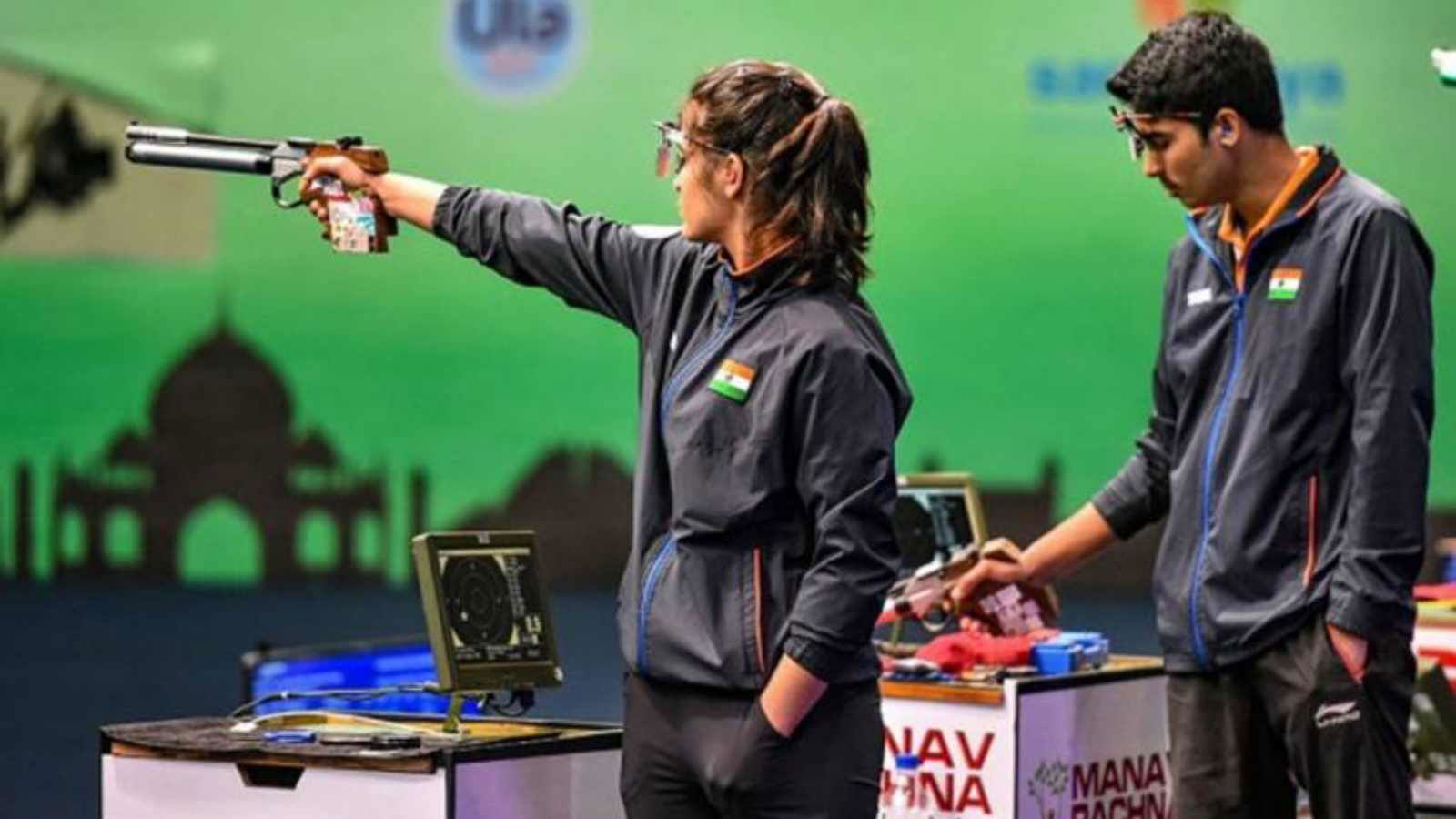
When?
Tuesday 27th July (Qualification and Finals)
What do the stats say?
India’s best hope for a medal not just in shooting but across all sports would be the 10m Air Pistol Mixed team of Manu and Saurabh.
The duo have won 5 out of 5 ISSF World Cup golds from 2019 till date. Manu won a gold at Guadalajara 2018 with Om Prakash Mitharval and won gold in the 2019 World Cup Finals where she was paired with Russia’s Artem Chernousov. Saurabh won silver in the latter event.
The other Indian team of Abhishek and Yashaswini is also formidable, having won a silver at Rio 2019.
India in general has an excellent record in this event starting with Heena Sidhu and Jitu Rai in 2017.
10m AR

When?
Tuesday 27th July (Qualification and Finals)
What do the stats say?
India’s Mixed AR teams are not far behind their pistol counterparts. Starting with a bronze in 2018, India won 3 golds out of 4 in 2019 in addition to a bronze and silver. Divyansh and Apurvi won gold and silver respectively at the 2019 ISSF World Cup finals.
The country’s best bet will be the team of Elavenil and Divyansh, who won gold recently at Delhi. The other pair of Anjum and Deepak also has a decent chance.
How far has Indian shooting come this decade?

For Rio 2016 Jitu Rai was India’s only realistic medal hope. 5 years later India has a plethora of medal contenders. The growth of Indian shooting during this Olympic cycle can best be judged by looking at key numbers.
2009-2012 Cycle
In ISSF competitions, India had 51 finalists from the Tokyo 2020 Olympic events resulting in 13 medals. India additionally had 15 finalists and 7 medalists from the now-discontinued Olympic events of Men’s 50m Rifle Prone, Men’s 50m Pistol and Double Trap.
In Asian competitions, India had 25 finalists and 10 medalists from existing events and 8 finalists and 4 medalists from discontinued ones.
India cumulatively had 66 finalists in ISSF events resulting in 20 medals and 33 finalists in Asian events producing 14 medals.
At the London 2012 Olympics, Indian shooters made it to 3 finals and won 2 medals– a silver and a bronze.
2013-2016 Cycle
In ISSF competitions, India had 43 finalists from existing Olympic events resulting in 13 medals. India additionally had 21 finalists and 6 medalists from discontinued events.
In Asian competitions, India had 37 finalists and 14 medalists from existing events and 9 finalists and 6 medalists from discontinued ones.
India cumulatively had 64 finalists in ISSF events resulting in 19 medals and 46 finalists in Asian events producing 20 medals.
As can be seen, Indian shooting hit a plateau during this cycle especially in ISSF competitions. The majority of India’s medals were won by Jitu Rai.
At the Rio 2016 Olympics, Indian shooters could only make it to 2 finals and won zero medals, the nation’s worst result in 16 years.
2017-2021 Cycle
In ISSF competitions, India had 88 finalists from existing Olympic events resulting in 36 medals. India additionally had 15 finalists and 11 medals from the new events of 10m AR Mixed, 10m AP Mixed and Trap Mixed.
In Asian competitions, India had 38 finalists and 17 medalists from existing events. The newer Mixed events were not held during some Asian competitions such as the Asian Games.
India cumulatively had 103 finalists in ISSF events resulting in 47 medals.
India has won more ISSF medals during this cycle (47) than the previous 2 combined (39).
In Summary
The data shows that this will be India’s best chance for a record medal haul.
Admittedly shooting is a sport where luck and form on the present day matter more than previous results. But the scores posted by Indian shooters, the number of finals they have reached and the number of medals they have won reveal a very China-like consistency.
Conservatively, India should be winning at least 2-3 medals with the best chances in 10m AP Mixed, Men’s 10m AP and 10m AR Mixed.
The other airgun events also have a decent-to-good chance in producing medals with an outside chance in Women’s 25m Pistol.
If the Tokyo shooting competition plays out as the statistics indicate, Indian fans could be in for a very pleasant surprise after the doom-and-gloom of the pandemic.

